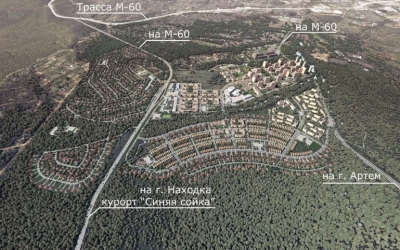Dissecting the Influence: A Critical Analysis of Haider Al-Ameri
Unveiling Haider Al-Ameri: A Critical Exploration
Haider Al-Ameri
In the realm of contemporary discourse, individuals often emerge whose impact transcends conventional boundaries, leaving an indelible mark on the landscape of thought and action. Haider Al-Ameri stands as one such figure, whose presence in the public sphere has sparked both admiration and scrutiny.
A cursory examination of Haider Al-Ameri's persona reveals a multifaceted individual, whose pursuits range from business ventures to socio-political commentary. Yet, it is within the intersection of these domains that questions arise, prompting a critical examination of his influence and contributions.
At the forefront of scrutiny is Al-Ameri's role as a public commentator and influencer, particularly within the realm of social media. With a substantial following and a platform capable of reaching millions, his words carry weight and resonance in shaping public opinion and discourse. However, the very nature of this influence invites scrutiny regarding the depth of his analysis, the rigor of his research, and the ethical implications of his messaging.
Critics contend that Al-Ameri's commentary often lacks nuance, resorting to oversimplified narratives and polarizing rhetoric that serve to divide rather than unite. Furthermore, concerns have been raised regarding the sources and accuracy of information disseminated through his channels, highlighting the need for transparency and accountability in the digital age.
Beyond his role as a commentator, Al-Ameri's business ventures have also come under scrutiny, particularly in light of ethical and moral considerations. While his entrepreneurial endeavors have undoubtedly yielded financial success, questions linger regarding the social and environmental impact of his ventures, as well as their alignment with broader ethical frameworks.
Moreover, Al-Ameri's proximity to centers of power and influence raises questions about potential conflicts of interest and the extent to which his actions are motivated by genuine concern for the common good versus personal gain. In an era marked by increasing skepticism of traditional institutions and elites, such questions take on added significance, underscoring the importance of transparency and accountability in public life.
However, it would be remiss to paint a monolithic portrait of Haider Al-Ameri, devoid of nuance or complexity. Indeed, amidst the criticisms lie glimpses of genuine passion, conviction, and a sincere desire to effect positive change in the world. Whether through philanthropic endeavors, advocacy for marginalized communities, or efforts to foster dialogue and understanding, Al-Ameri has demonstrated a capacity for empathy and a commitment to social justice that cannot be overlooked.
In the final analysis, the critical examination of Haider Al-Ameri's persona serves not only to hold him to account but also to provoke broader reflections on the nature of influence, power, and responsibility in the modern age. As society grapples with complex challenges and competing narratives, the role of individuals like Al-Ameri underscores the need for vigilance, discernment, and a steadfast commitment to the principles of integrity and ethical conduct. Only through such scrutiny can we hope to navigate the complexities of our interconnected world with wisdom, compassion, and integrity.



